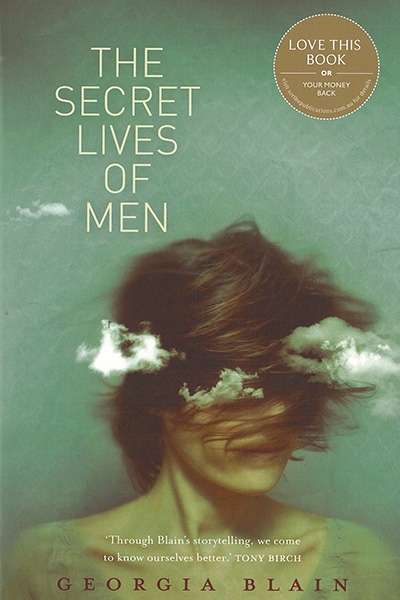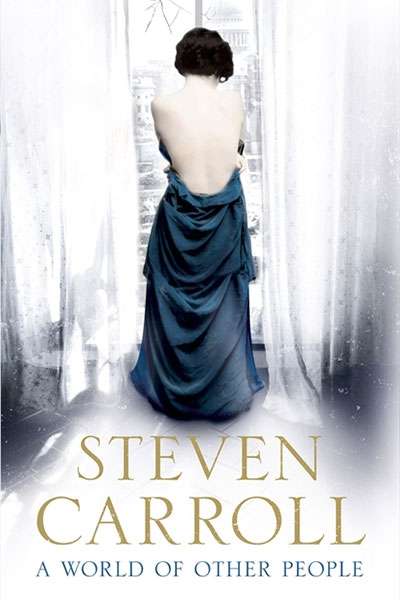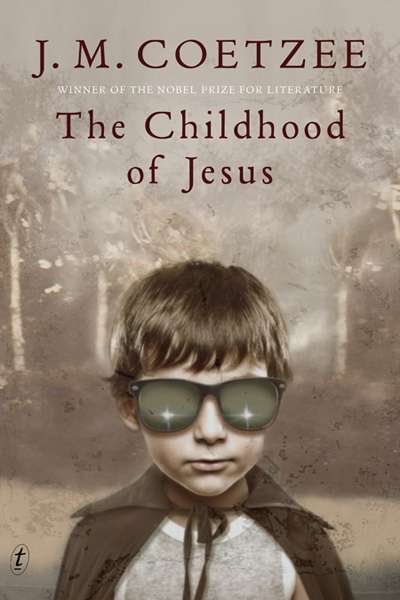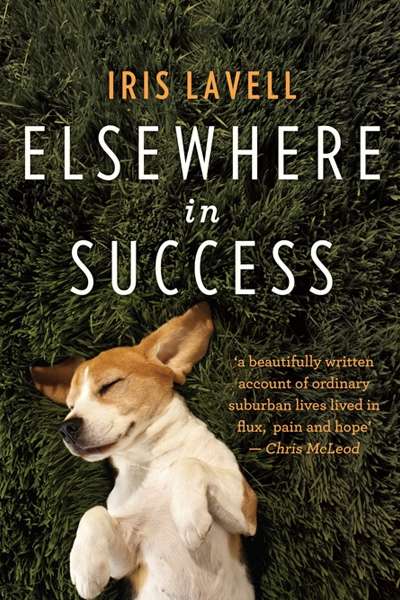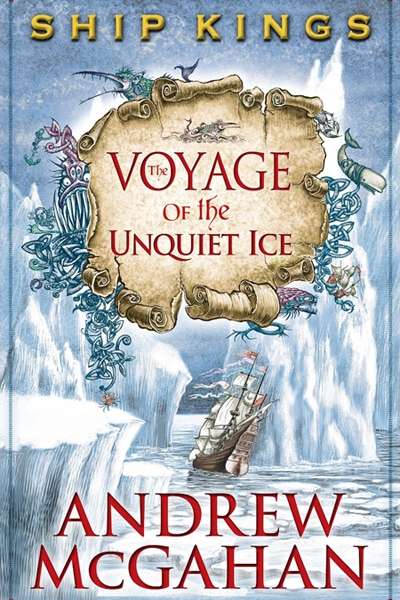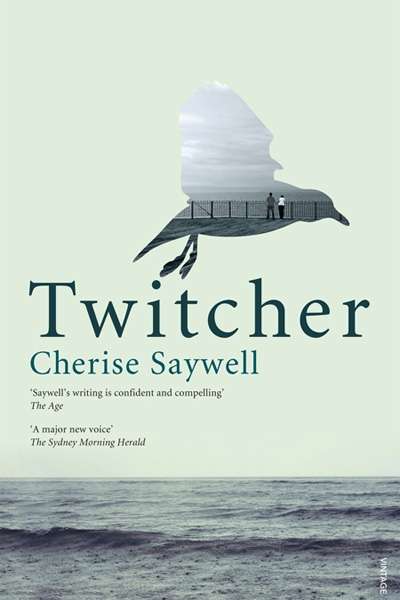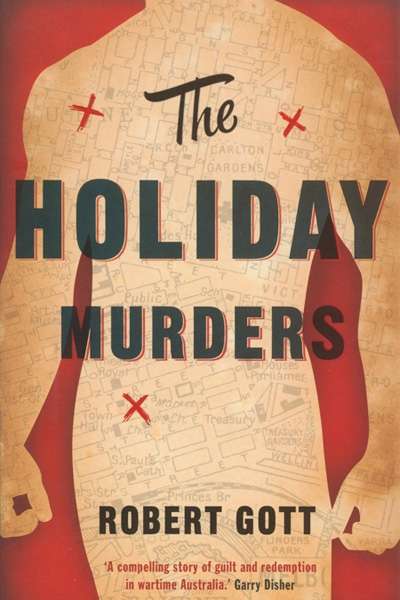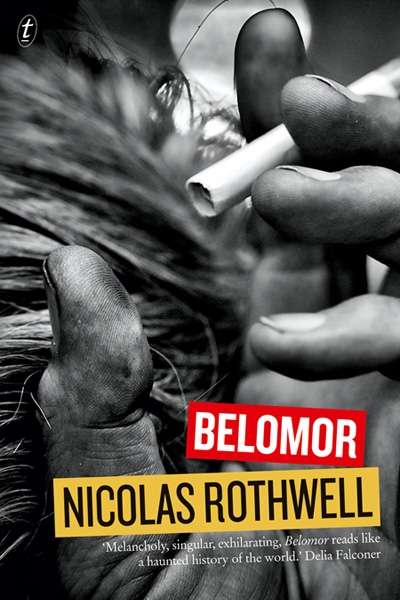Fiction
In one of Georgia Blain’s subtle, beautifully paced stories, a young girl is given an IQ test. Believing it to be a game, she is outraged when her older brother crows about his results and she realises she has been evaluated. Later, as an adult, she can put her childhood indignation into words: ‘I thought it was just a matter of random chance. I should have been told that there was a predetermined pattern for me to decipher, and rules to follow.’ But at eight she can only protest at the psychologist’s betrayal: ‘She never said it was a test.’
... (read more)Whereas many twenty-first-century novels seem way too long, konkretion is a distilled, complex gem. It is a novella full of questions and questing, most of which riff from this observation made in the context of Germany’s militant Red Army Faction: ‘what triggers the conversion from resistance to terror, flick-knife or otherwise, the jump into illegality? – oh the primacy of praxis, that romance of struggle masking murder.’
... (read more)Novels have been appearing in the last decade or so in which one or more of the characters are actual historical figures, often themselves writers, appearing in propria persona, not considerately disguised and renamed, as Horace Skimpole was in Bleak House, for example. Perhaps the most notorious instance in recent years is Virginia Woolf in Michael Cunningham’s The Hours (1998), made even more memorable by Nicole Kidman’s prosthetic nose in the film thereof. Cunningham, who would appear to have known when he was onto a good thing, deployed Walt Whitman similarly in his novel Specimen Days (2005). To give this development a local habitation and a name, we need go no further than Ashley Hay’s The Body in the Clouds (2010) to find the historical Lieutenant William Dawes, after whom Dawes Point in Sydney is named, playing a considerable role.
... (read more)The Childhood of Jesus by J.M. Coetzee & The Round House by Louise Erdrich
‘What is chaos?’ asks the unnerving child at the centre of J.M. Coetzee’s new parable-novel, The Childhood of Jesus. ‘I told you the other day,’ replies the child’s guardian. ‘Chaos is when there is no order, no laws to hold on to. Chaos is just things whirling around.’
Louise Erdrich’s The Round House begins with ...
Alyssa Brugman’s Alex as Well makes us question why we read. Is it something we do to escape reality, or are we drawn to other realms that may contain deeply unsettling experiences very different from our own?
... (read more)Louisa and Harry are both haunted. Louisa’s ghost is Tom, a son who took his own life. Harry’s spectres are no less troubling for still being alive; a failed marriage and unknown daughter pluck at his mind, are ‘imprinted on him’. These baby boomers, portrayed in alternating third-person chapters, are poorly matched against contemporary societal challe ...
The second in the Ship Kings series has a cinematic feel and shares the first-rate quality of the first book. Set in a fantasy world where island folk live in unsettled peace under the ruling mariner class, it continues the tale of Dow Amber as he sets off on a sailing adventure aboard the battleship Chloe. He and the unusual scapegoat girl Ignella are the only outsiders aboard the Ship Kings’ vessel as it embarks on a voyage into the northern icy seas, seeking the lost son of the Sea Lord.
... (read more)
When sixteen-year-old Kenno and his family are evicted from their coastal rental property, Kenno is unconcerned: he has a cunning plan that will give them enough money to purchase his dream home. The idea involves lodging a compensatory claim for an accident that happened years ago. But Kenno needs his older sister, Lou, to fill in the details. She has a welted and bluish scar on her forehead, a physical reminder of what happened, whereas Kenno’s memories are less vivid. The results of this freak incident, however, are manifested in Kenno’s father’s crippling dipsomania and his mother’s reliance on religious salvation.
... (read more)Robert Gott’s The Holiday Murders fittingly begins with steely-eyed detectives examining a gruesome crime scene on Christmas Eve, 1943. The bodies of a father and son are found broken and bloodied in the dead of night, the son nailed to the floor in a ‘savage parody’ of the Crucifixion. From the memorable opening sequence, Gott demonstrates an int ...
I am surprised this book doesn’t come in plain packaging. Its title was inspired, after all, by a cigarette – Belomorkanal, also known as Belomor, a Russian brand the author describes as ‘strong, mood-altering cigarettes’. This cigarette motif suggests the lost world of Europe, when the Iron Curtain still hung.
...

